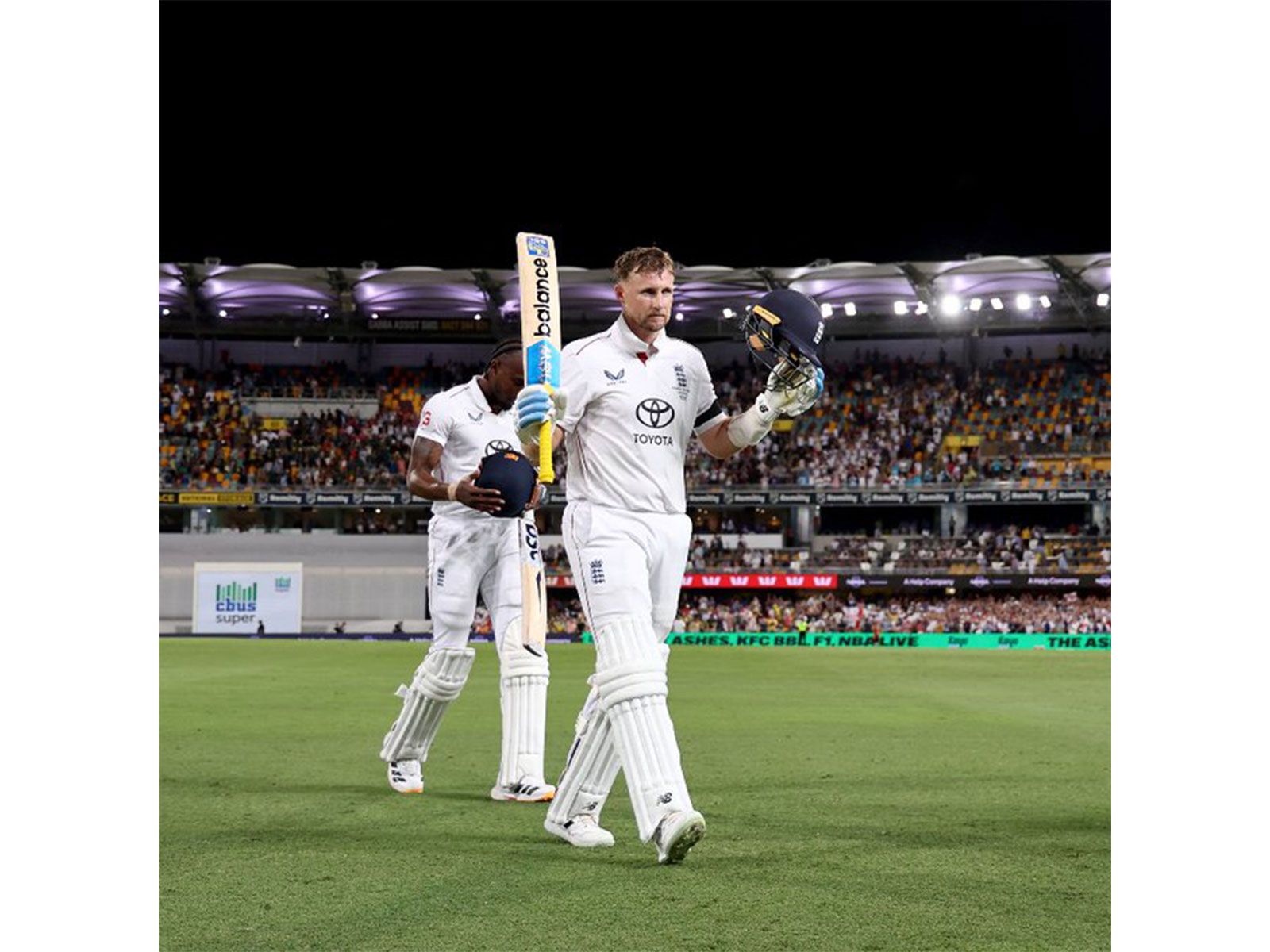Delhi HC quashes Rs 96 lakh penalty imposed on PayPal, directs to comply with obligations under PMLA
Jul 24, 2023

New Delhi [India], July 24 : The Delhi High Court on Monday quashed a penalty of Rs 96 lakh imposed on PayPal Payment by the Financial Intelligence Unit India. However, the court has said that PayPal is obliged to comply with the obligation under the Prevention of Money Laundering Act (PMLA). PayPal challenged the order imposing the penalty.
Justice Yashwant Varma passed a judgement on Monday and partly allowed the petition moved by PayPal Payments Private Limited.
The bench held, "PayPal is liable to be viewed as a 'payment system operator' and consequently obliged to comply with reporting entity obligations as placed under the PMLA."
The imposition of penalty in terms of the order dated December 17, 2020, is, however, and for reasons aforenoted, quashed, the bench ordered in the judgement.
The impugned order shall stand set aside to the aforesaid extent, said the bench.
In view of the above, the Bank Guarantee as submitted by PayPal shall stand discharged. The Registrar General of the Court is requested to take further steps in light of the above, the bench directed.
PayPal Payments Private Limited challenged the order of 17 December 2020 passed by the Financial Intelligence Unit India (FIU-IND) holding it to be a reporting entity under the Prevention of Money Laundering Act 20023 and consequently proceeding to impose monetary penalties for its having failed to comply with the reporting obligations as placed under the PMLA Rules.
The petitioner asserted that it is not a 'payment system operator' as defined under the PMLA and consequently, it would be erroneous for FIU-IND to hold it to be a Reporting Entity.
This was asserted on the basis of it not being engaged in rendering services relating to clearing, payment or provision of settlement between a payer and a beneficiary.
It was argued that the petitioner merely provides a technological interface enabling export-related transactions that may be undertaken by an Indian exporter and an overseas buyer.
The bench noted that it was its categorical case that in the chain of transaction which ensues between the Indian exporter and an overseas buyer, PayPal is at no stage engaged in the actual handling of funds.
According to it, the transmission of funds occurs between the constituent Authorised Dealer Category-1 Schedule Commercial Banks which not only collect the amounts from the foreign purchaser directly and without any intervention of PayPal, the said funds are then transmitted to the AD Partner Bank‘s Export Collection Account.
PayPal also relied upon the stand as struck by the Reserve Bank of India which in separate proceedings had averred on affidavit that it is not a payment system operator, the court noted.
The petitioner sought to derive advantage from the stand so taken by RBI in those proceedings since the definition of a 'Payment System' under the Payments and Settlements System Act 2007 is identical to the provision embodied in the PMLA, the bench further noted.
Senior counsels Kapil Sibal and Sanjay Poovayya urged that a bare perusal of the definition of the payment system as embodied under the PSS Act and the PMLA would indicate that they are identical in all respects except for the exclusion of a stock exchange which stands incorporated in the definition of a payment system under the PSS Act but is absent from Section 2(1)(rb) of the PMLA.
It was the submission of senior counsels Sibal and Poovayya that apart from that facile distinction both statutes define the expression “payment system” in identical terms.
On behalf of FIU-IND counsel Zohaib Hossain, firstly urged that the challenge as mounted by PayPal ignores well-settled principles of statutory interpretation.
He submitted that it is by now well-settled that a statutory provision must be interpreted consistent with the purpose of the enactment.
It was pointed out by him that there exists a stark and evident difference between the PSS Act and PMLA.
Hossain submitted while PSS is merely a financial regulatory statute, PMLA constructs a framework which is intended to deal with special fiscal offences and illicit financial flows.
It was submitted that the mere fact that PayPal is not recognised to be covered by the provisions of the PSS Act would not be determinative of the question of whether it is liable to be treated as a payment system operator under the PMLA.
















